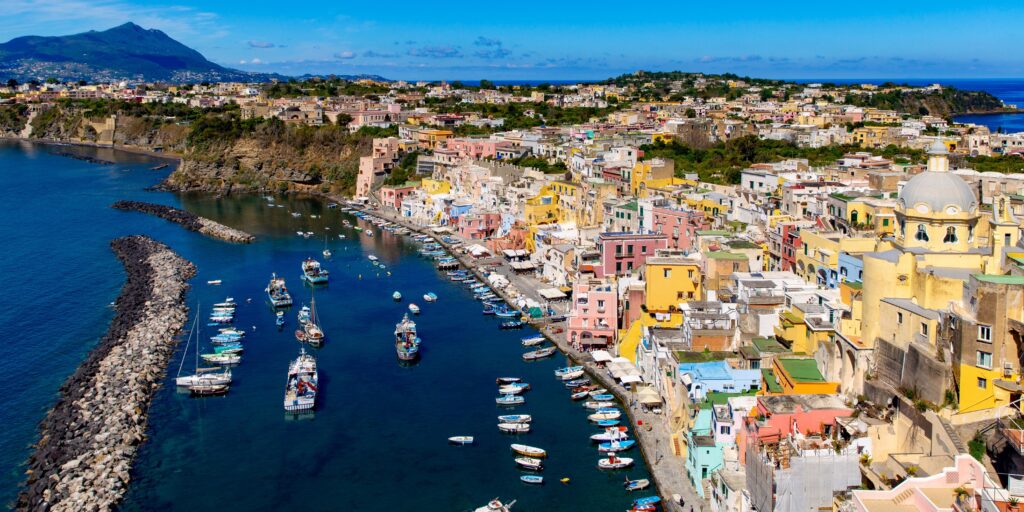The Capitals of Culture: Antonio Scuderi interviewed by RSI
Once again a guest on the radio program Millevoci, hosted by Isabella Visetti with Enrica Alberti and Paolo Riva, broadcast on RSI – Radiotelevisione Svizzera, Antonio Scuderi delved into three more Capitals of Culture: Kaunas in Lithuania, Novi Sad in Serbia, and Procida, capital of Italian culture.
KAUNAS, Lithuania
Kaunas, a city in the center of Lithuania, is the country’s most important industrial center. A territory at the center of the political appetites of the great empires, it has great weight in the historical movements of the past. Today a city of great vitality, it aspires to a significant democratic and cultural contemporary. In addition to being awarded the label of cultural capital, it has also been included in the European Heritage sphere, a recognition that complements UNESCO’s World Heritage.
The full in-depth report on Kaunas can be heard here.
NOVI SAD, Serbia
Novi Sad – European Capital of Culture along with Kaunas and Esch-sur-Alzette – besides being the second largest city in Serbia, is a cultural center of excellence in the Balkan area. Rebuilt and redesigned from a cultural perspective within a five-year action plan, from 2016 to 2021, it has been completely reborn with a long-term vision and a program composed of 1,500 cultural events and four hubs around which activities revolve: Love, Freedom, Rainbow and Hope, to create new bridges of exchange for organizers. A cultural hinge city between the united Europe and the Balkan world, it is a symbol of a European vision of culture despite being in a state that is not formally part of the Union.
Click here to listen to the full interview.
PROCIDA, Italian Capital of Culture 2022
From the European capitals we come to the Italian Capital, Procida, inaugurated on April 9, 2022. Located in the Gulf of Naples, it is an island with just 10,000 inhabitants. The Capital of Culture project wants to talk about the future and development, enhancing the tangible and intangible heritage of the place through the “Culture not Island” project. Food and wine, education and digital are three of the aspects Procida has focused on in its candidacy.

